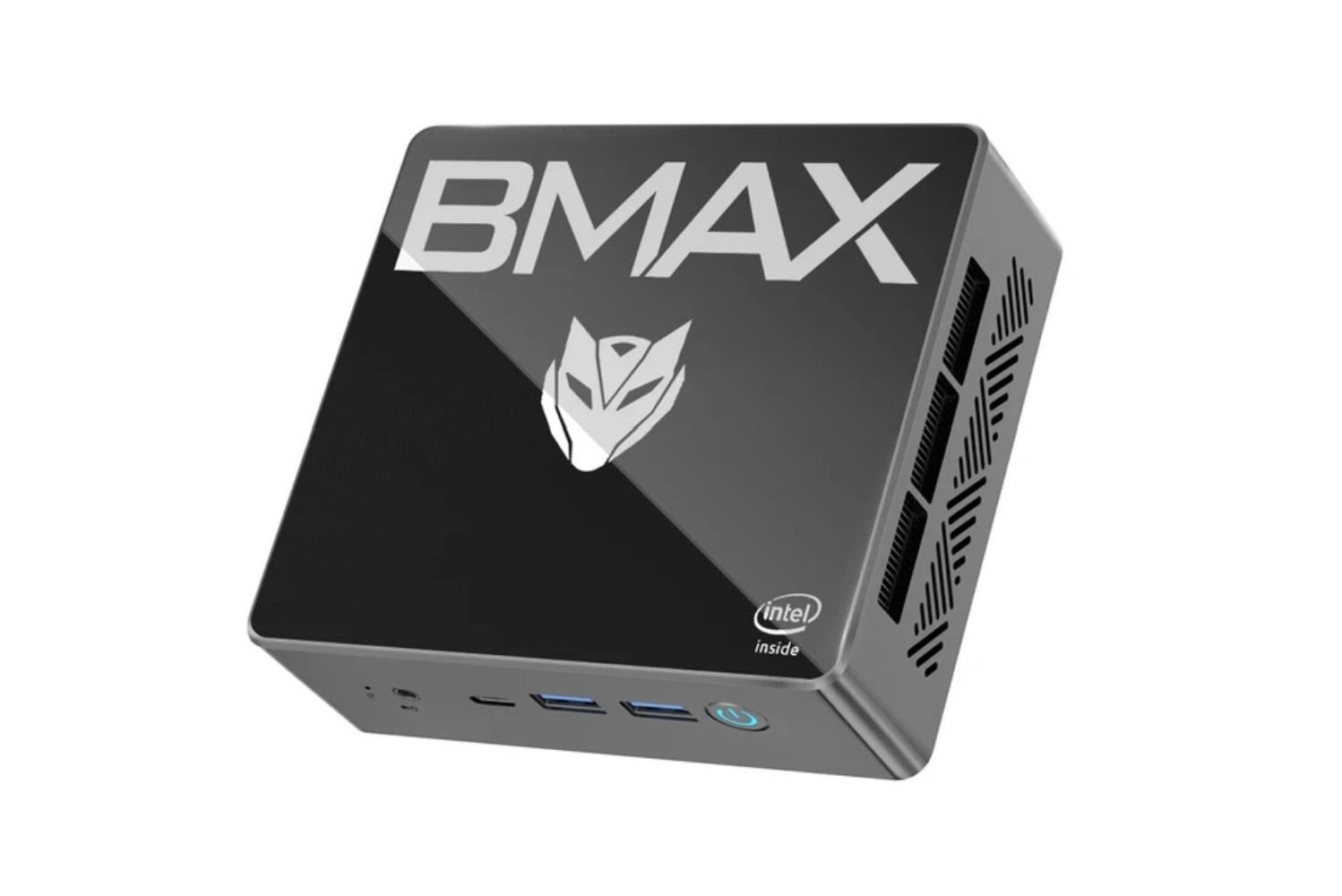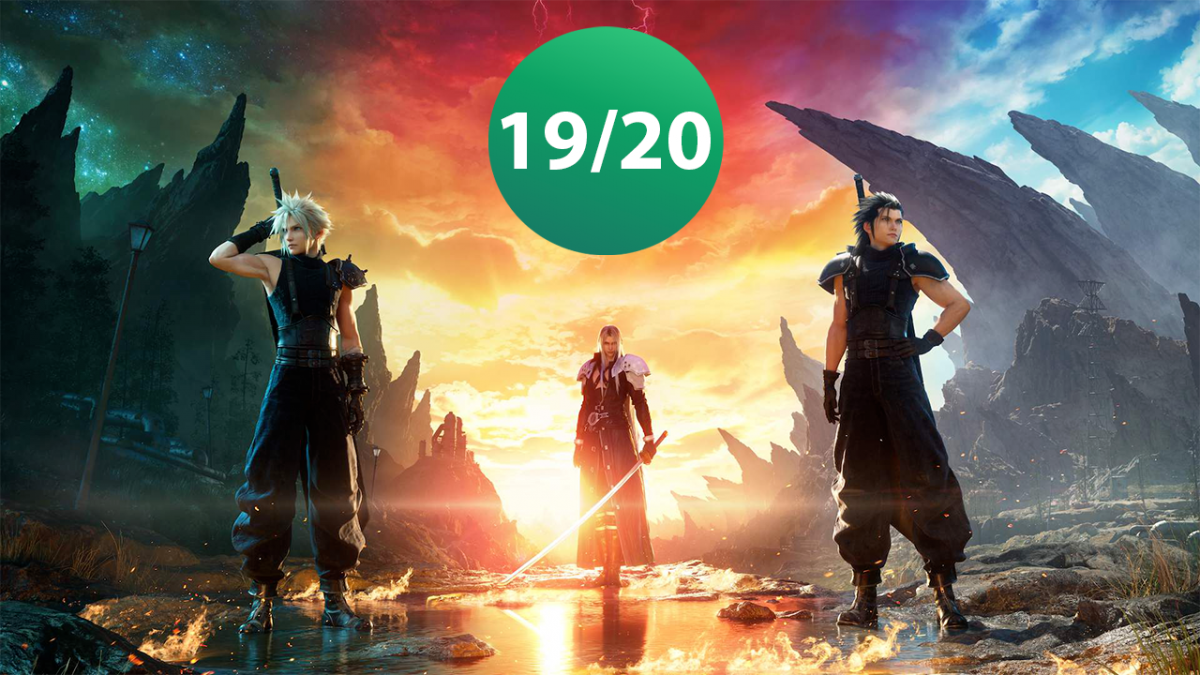Amazfit Cheetah Square review: An ambitious and lightweight connected watch

While the Cheetah Square presents itself as the most accessible of the Amazfit range, the Cheetah Pro offers more functions. With its rectangular case and its technical sheet oriented towards outdoor sport, it is placed between a city watch and a sports watch, so that everyone can find something for themselves. On the menu, an OLED screen, a microphone and speaker, a GPS, a heart rate monitor and a barometric altimeter. In theory, there is plenty to do.
Amazfit Cheetah Square home screen.
The Cheetah Square has been launched by Amazfit for €230. It also exists in a round version, at the same price, in a style closer to the spirit of traditional watchmaking.

Ergonomics and Design
Like the GTS before it, this Cheetah Square stands out for its lightness: its aluminum case weighs only 25 grams, despite its rather imposing size (44 x 38.7 x 11.2 mm). Above all, this featherweight doesn’t compromise the finish or feel once the watch is on the wrist. The silicone bracelet is quite pleasant, and does not irritate the skin, although it lacks a little elegance. The only downside is that the haptic feedback of the rotating crown on the right edge of the case is too light to simulate real notching.
Amazfit Cheetah Square all the way.
The Cheetah Square has a 1.75 inch OLED screen displaying 450 x 390 pixels for a resolution of 340 ppi. The display is bright enough, whether in daylight or at night. It also turns out to be quite responsive. Please note, always-on mode is available.
Amazfit Cheetah Square Case Back.
The watch is waterproof up to 5 ATM, it will be possible to swim or shower with it, but don’t count on it for surfing or diving: pressure changes that are too sudden can damage the housing.
Amazfit Cheetah Square Rotating Crown.

interface
The Amazfit Cheetah Square runs on ZeppOS 2.0, which Xiaomi seems to have modeled its HyperOS on. It is a rather healthy operating system, which offers many features and customization options. It’s generally easy to use, the interface is responsive and a few translation errors here and there don’t spoil the experience.
A menu that compiles around 150 games is followed by Amazfit Cheetah Square.
The watch has a rotating crown flanked by two flat buttons on its right side. Combined with the touch screen, this arsenal allows you to navigate Tokent’s menus. The whole thing is quite intuitive: a click on the rotating crown sends you to the ZeppOS 2.0 drop-down menu, a rotation scrolls through the proposals and another click validates the selection. The bottom button works one step back, while the top button is a shortcut to start a physical activity. The touch screen can replace the buttons and also give access to the notification screen, settings or various metrics measured with the clock based on the gesture made. ©alized. So it’s possible to switch to “do not disturb” mode, read your messages or monitor your heart rate in just one second. Practical.
Heart rate tracking on Amazfit Cheetah Square.
Thanks to the almost two-inch screen, the display of instructions is very clear. On the other hand, it is impossible to answer directly from the wrist and even less – as you can imagine – to answer a call. Although the watch has a speaker and microphone, it seems to be dedicated to other functions such as Alexa, the pre-installed Amazon voice assistant. The Cheetah benefits from 2.3 GB of storage space, which according to Amazfit is enough to store up to 470 songs. It is then possible to connect your watch to Bluetooth headphones to enjoy your music during your session, without taking your phone with you. As the watch does not have an NFC chip, it is not possible to make payments with it. Finally, if the Amazfit has more than 100 compatible apps, these are almost exclusively proprietary apps; Spotify, Deezer or Strava are therefore not directly available on the device.

application
Amazfit Cheetah synchronizes with the Zepp app, available on iOS and Android. Oriented towards health and wellness, it is divided into four main tabs. The first day’s report shows: number of steps, sleep “score”, heart rate, summary of last physical activities… The second tab is dedicated to sleep, thanks to a whole set of recorded metrics. during the night. The third tab compiles sports data, while the last tab concentrates the watch’s settings and customization options.
The application gives access to a wide catalog of home screens to personalize your watch, but also to a large number of applications developed mainly by Amazfit.
Overall, Zepp turns out to be rather thorough, even if we regret that it is full of paid content.

Uses and precision
This Cheetah Square is very well equipped for the urban model. So it includes a heart rate monitor, GPS, barometric altimeter, accelerometer, a gyroscope and a blood oxygen sensor.
GPS is excellent; Whether in the city or in the wild, it provides consistent tracking avoiding inconsistent scribbles on the map. A great tool to follow your route. Explorers will also be able to download maps to the watch before heading out, so they can always keep track of their position, even away from civilization.
While the blue iPhone gets lost in the buildings, the Amazfit Cheetah features a more coherent layout.
For its part, the heart rate monitor is equally satisfying. During endurance outings without sudden changes in pace, the Amazfit Cheetah provides an almost perfect heart rate reading, which closely matches the measurements from the Polar H10 chest strap, which we use as a reference.
Heart rate recorded by the Amazfit Cheetah, in blue, Polar H10 chest strap in red.
During a split session, some limitations are felt: sudden changes in rhythm, here three 30-second runs, are sometimes underestimated and considered with some delay.
In red, heart rate recorded by Amazfit Cheetah, Polar H10 chest strap in blue (colors reversed compared to first capture)
Like many watches on the market, this Cheetah offers sleep and blood oxygen saturation monitoring. Although we are not able to evaluate the relevance of these features, they provide results consistent with user sentiments. Thus, sleeping and waking hours correspond to observed times.
Strong points
-
Well made OLED screen.
-
Precise GPS.
-
Heart rate monitor always relevant.
-
Offline mapping.
weak points
-
Three days of autonomy.
-
1 hour 30 minutes charging.
-
No contactless payment.
-
A few third-party applications.
conclusion

How do ratings work?
If the Amazfit Cheetah Square doesn’t lack qualities that it does well, including an OLED screen, accurate GPS and a heart rate monitor, it suffers from a number of shortcomings. Thus, the absence of contactless payments, third-party applications and three days of autonomy limit the experience offered. So struggling to stand out in an already saturated market for connected watches.




